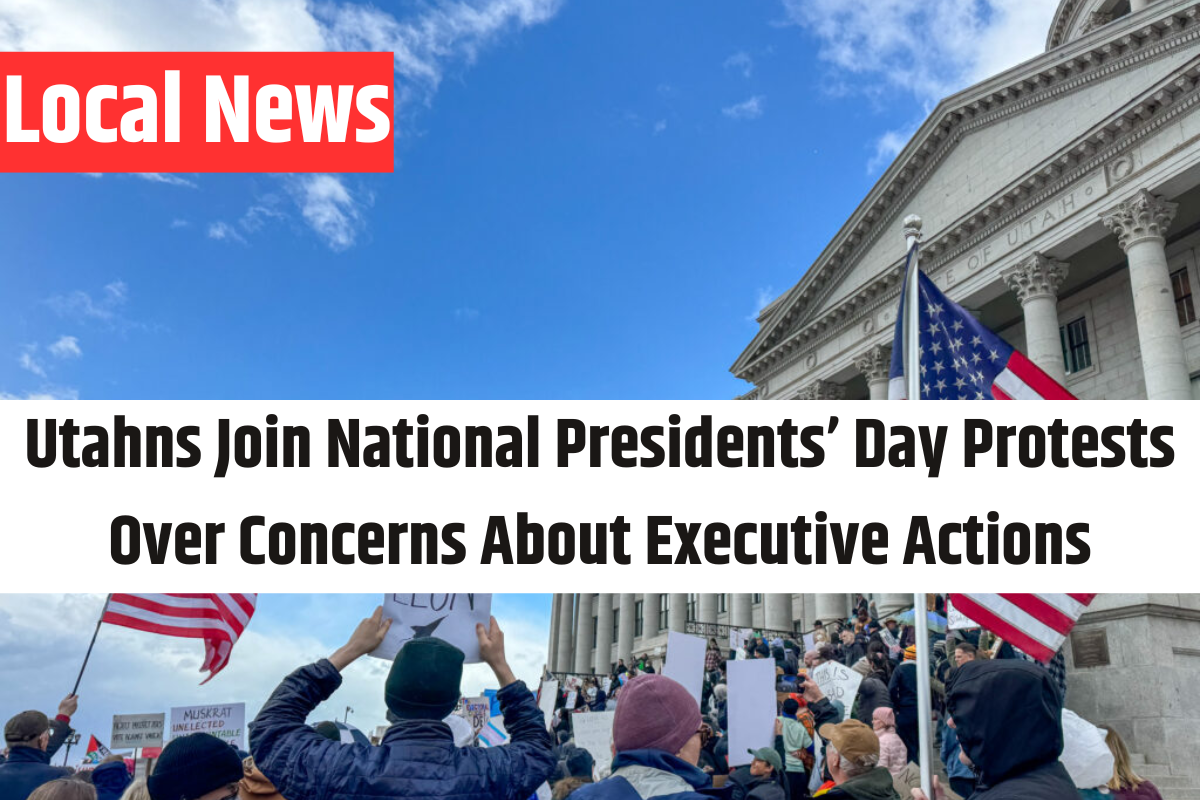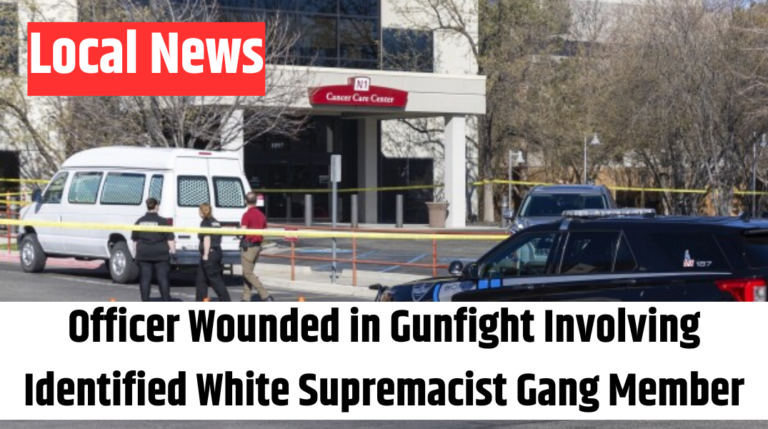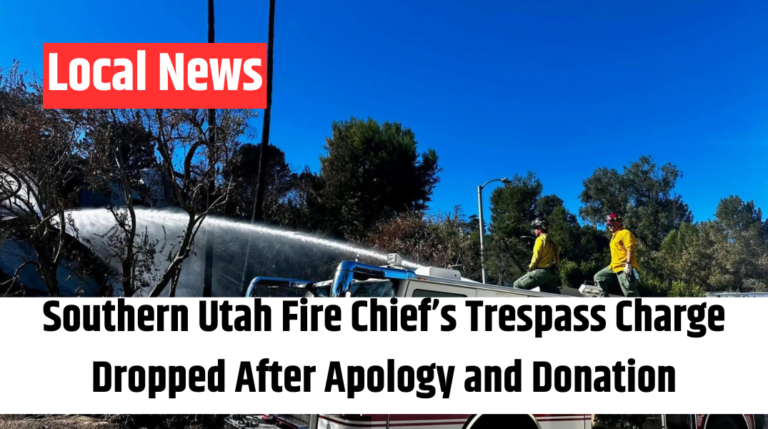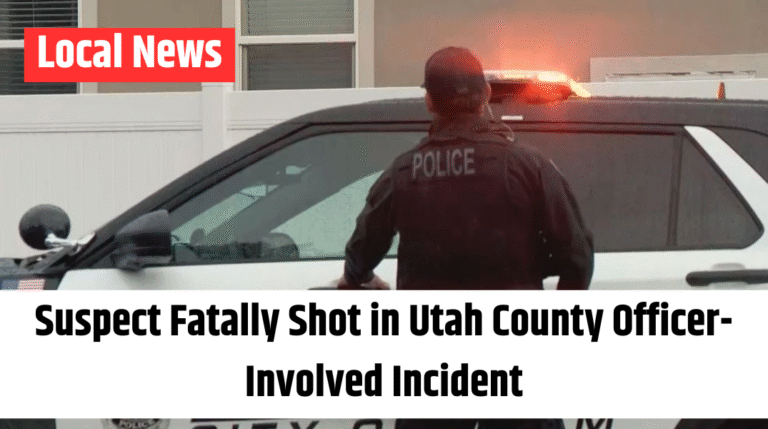
On Monday, hundreds gathered outside the Utah State Capitol to protest actions taken by the Trump administration, as part of the larger national 50501 Movement. The protests were driven by concerns over what participants described as executive overreach, particularly in areas of science funding and state policy changes.
Dr. Marilyn Valentine, an infectious disease expert, spoke out about the challenges she’s facing due to the removal of important pages from the Centers for Disease Control and Prevention (CDC) website. These pages, she explained, offered vital information on antibiotics, antimicrobial treatments, and testing guidelines. “It’s hard to understand how removing scientific resources can help anyone,” she said, expressing frustration over the impact on her ability to properly treat patients.
In response, the CDC clarified that the removals were part of an effort to comply with two executive orders issued in January, and while some pages had been reinstated by February 13, others were still unavailable.
Another protestor, Matt Bekker, a professor at Brigham Young University, voiced concerns over the potential loss of funding for his research on the Yellowstone ecosystem and climate studies in subtropical Africa. In January, the National Science Foundation (NSF) halted funding for various projects to review compliance with an executive order. Although payments resumed, Bekker said the uncertainty around the future of his research funding was still a major worry. “We need to plan now, but if that funding gets pulled again, we’ll be stuck,” he explained.
Bekker’s concern extended beyond his own work. “Science helps us understand our world and solve important problems,” he added. “I fear that this research may be at risk, and with it, the progress we’ve made.”
In addition to issues regarding federal funding, local protests also addressed state-level political changes. In Ogden, more than 50 people rallied outside the municipal building on Saturday, expressing their frustration with ongoing political shifts. Pam Harrison, a longtime activist, attended to encourage others to get involved with local politics, particularly the Democratic Party. She shared her personal struggle with cancer and a clinical trial, expressing fear that changes in research funding could hinder crucial medical advances. “It’s beyond belief that research facilities could lose their funding like this,” she said.
A significant issue discussed at the Capitol protest was a bill recently passed by the Utah House, HB281, which would restrict how mental health professionals in schools can work with students. The bill requires written consent from parents before school-based counselors can provide therapy, and it gives parents the power to limit topics discussed during therapy sessions. Whitney Hasler, a social worker in the Granite School District, expressed concern that this bill could make it harder to identify potential cases of child abuse. “We’re just here to help,” she said. “Parents need to understand we’re not here to cause trouble for their kids; we’re here to support them.”
Cameron Shirts, who organized the Ogden rally, said he hoped to continue organizing protests against what he described as executive overreach. “With enough support, we can make a real difference,” he said, expressing hope that the protests would gain momentum in the coming weeks.
This wave of protests reflects ongoing frustration with political decisions, both at the federal and state levels, as concerned citizens continue to fight for the future of scientific research, education, and social services.




